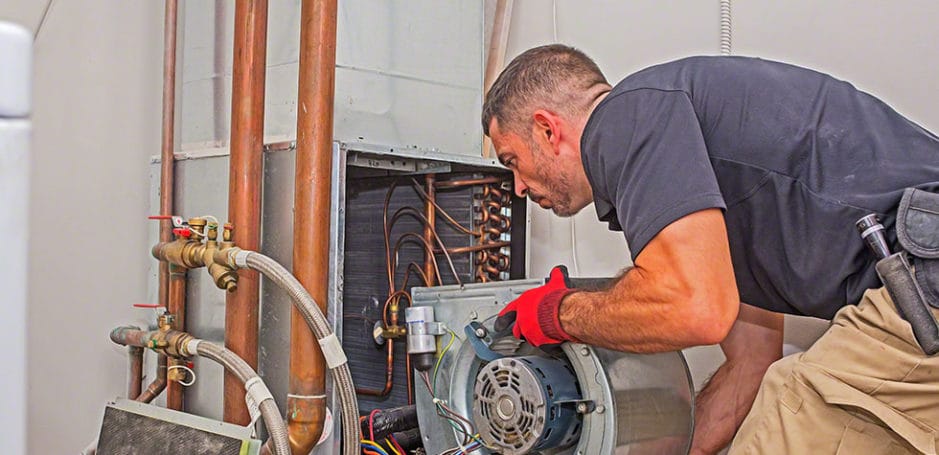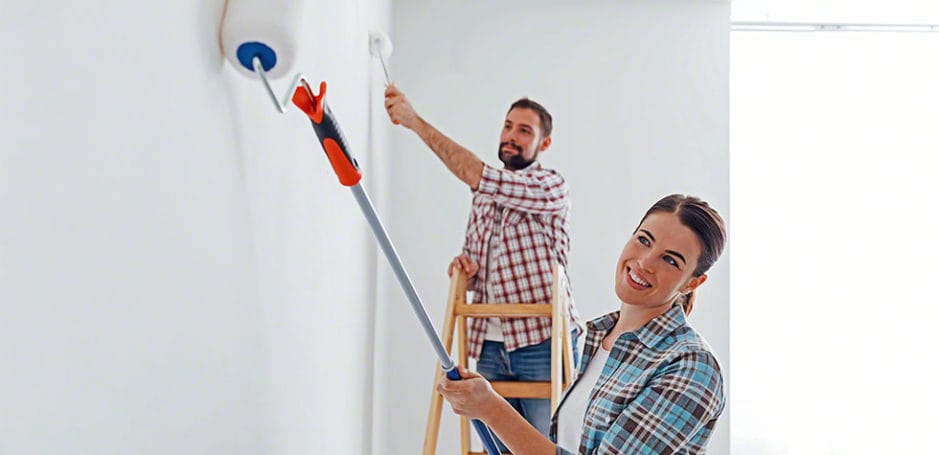In the vast world of household appliances, heat pumps stand out as both innovative and practical. They provide efficient heating and cooling to homes, ensuring optimal comfort during varying seasons. But, like any other machine, they are not immune to problems. Recognizing the need for heat pump repair early can save homeowners both time and money, as it prevents minor issues from evolving into major malfunctions.
Heat pump repair and symptoms
Understanding these problems and their telltale signs is key to ensuring the longevity and efficiency of your heat pump.
Understanding the Heat Pump’s Functionality
Before delving into the common problems, it’s vital to have a basic understanding of how a heat pump works. Heat pumps operate by transferring heat from one place to another. During colder months, they extract heat from the outside environment and bring it indoors. Conversely, in warmer months, they take the heat from inside the home and release it outside, thereby cooling the interior. This dual functionality makes them a preferred choice for many homeowners. However, their complexity can also lead to various issues.
Reduced Airflow and Inefficiencies
One of the most common problems homeowners face is reduced airflow from the heat pump. This can be a result of dirty filters, malfunctioning fans, or obstructions in the ductwork. When airflow is restricted, the heat pump has to work overtime, leading to inefficiencies and increased energy bills.
Another potential problem is the heat pump blowing cold air during winter or warm air during summer. This is often a sign of refrigerant issues or problems with the reversing valve, a component responsible for switching the heat pump’s operation between heating and cooling.
Unusual Noises and Operational Hiccups
Heat pumps are designed to operate quietly. If you start hearing strange noises like grinding, squealing, or rattling, it’s a clear sign that you need. These noises can indicate anything from loose components to internal parts requiring lubrication. Ignoring such signs can lead to more significant damages and, inevitably, the need for heating service repair Port Jefferson. Many homeowners often seek professional help when their heat pumps begin to display such auditory warnings.
Another operational hiccup is the heat pump constantly running without cycling off. This non-stop operation can be due to a malfunctioning thermostat, a leak in the refrigerant, or issues with the unit’s defrost cycle.
Frozen Coils and Leakage Issues
Heat pumps operate efficiently within a range of external temperatures. However, in extremely cold conditions, the external coils may freeze. While heat pumps have a built-in defrost cycle to deal with occasional frosting, consistent freezing can indicate problems with the defrost controls or sensors.
Additionally, if you notice puddles of water around your heat pump, it’s a sign of drainage issues or potential refrigerant leaks. Not only can this cause operational problems, but refrigerant leaks can also pose health risks to the household’s inhabitants.
Maintaining Your Heat Pump to Prevent Repair
Heat pumps have become a cornerstone of modern home heating and cooling solutions, offering a sustainable and energy-efficient way to regulate indoor temperatures. As with any appliance, the longevity and performance of a heat pump depend largely on its maintenance. Proper upkeep not only ensures that the unit functions at its best but also reduces the chances of sudden breakdowns and subsequent repair costs.
The Significance of Regular Maintenance
Heat pumps, given their dual role in both heating and cooling, often work harder than other traditional HVAC systems. Throughout the year, they are exposed to the external environment, weather fluctuations, and continuous operation. This constant exposure and use can lead to wear and tear, which, if not addressed, can culminate in inefficiencies or malfunctions. Regular maintenance is the cornerstone of preemptive care, ensuring that potential problems are identified and rectified before they escalate.
Routine Inspections and Cleaning
One of the primary steps in maintaining your heat pump is regular inspection and cleaning. Over time, dirt, debris, and other particulates can accumulate on the heat pump’s external and internal components. The external coils, for instance, are exposed to various environmental factors and can become clogged with leaves, dust, and other debris. A clogged coil can drastically reduce the efficiency of the heat pump, leading to increased energy consumption and reduced heat transfer capabilities.
Similarly, the internal filters of a heat pump can become saturated with dust and pollutants. A dirty filter can restrict airflow, forcing the heat pump to exert more energy to achieve the desired indoor temperature. Regularly checking and cleaning or replacing these filters is crucial to ensuring smooth operation.
Monitoring Refrigerant Levels and Electrical Connections
The refrigerant is the lifeblood of any heat pump, facilitating the transfer of heat between the indoor and outdoor units. Ensuring that the refrigerant is at the correct level and that there are no leaks is vital for the heat pump’s optimal performance. An undercharged or overcharged system can lead to inefficiencies and potential damage to the compressor.
Equally important is the condition of the heat pump’s electrical connections. Loose or corroded connections can impair the heat pump’s performance, leading to uneven heating or cooling. Additionally, such issues can pose a risk of electrical hazards. Ensuring that all connections are tight and in good condition is a critical aspect of maintenance.
Professional Maintenance Visits
While some aspects of heat pump maintenance can be handled by homeowners, such as filter replacements and external cleaning, other more technical components necessitate professional intervention. Regular professional maintenance visits are an opportunity for trained technicians to assess the overall condition of the heat pump, calibrate any misaligned components, and check for parts that might be nearing the end of their lifespan.
Conclusion
Ignoring these symptoms or attempting DIY solutions without adequate knowledge can lead to further complications. In areas like Huntington, where the temperature variations can be significant, ensuring your heat pump is in optimal working condition is vital.
Often at times, homeowners do not reach out to repair services in time, and due to this reason, they end up facing losses in the form of low efficiency. This results in high energy bills, and other damages that can result in costlier repairs. That is why it is always recommended to talk with a professional in time so that the issues with your heat pump can be resolved quickly.
Fortunately, there’s no shortage of professional heat pump repair services Huntington. Investing in regular maintenance checks and seeking professional assistance at the first sign of trouble can save you from hefty repair bills in the long run and ensure that your home remains comfortable throughout the year. So, what are you waiting for? Find a professional today!



